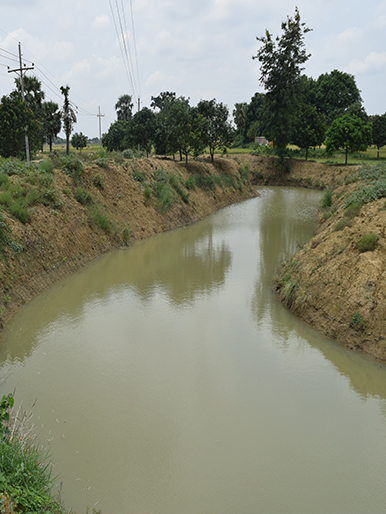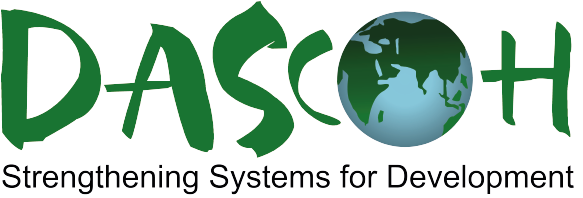
Water Governance
The water sector worldwide is increasingly passing through a crisis. In Bangladesh, many efforts have been made to improve safe drinking water coverage by optimizing the use of water for irrigation, industrial and other uses; however, overlooking the holistic perspective of sustainable development. The Bangladesh Water Act (BWA) of 2013 provides opportunities for sustainable change. It outlines a coordinated and comprehensive regime for the development, management, extraction, allocation, use and conservation of water resources. This allows for multi-sectoral water resources planning that addresses the needs of public health, livelihoods, agriculture, fisheries, ecology, river morphology, navigation, industry and hazard reduction and community development. The implementation of the Act is still a challenge.
Given this comprehensive approach to water management, the implementation of BDP2100 involves multiple sectors and multiple ministries. The Government of Bangladesh, in its 8th 5-year development plan, stresses that the success of water resource management greatly depends on multidisciplinary participation, cooperation and partnership of the water related institutions and focused on the limited organisational capacities leading to inadequate operation and maintenance and an inadequate response to the needs of Integrated Water Resources Management (IWRM) implementation.




